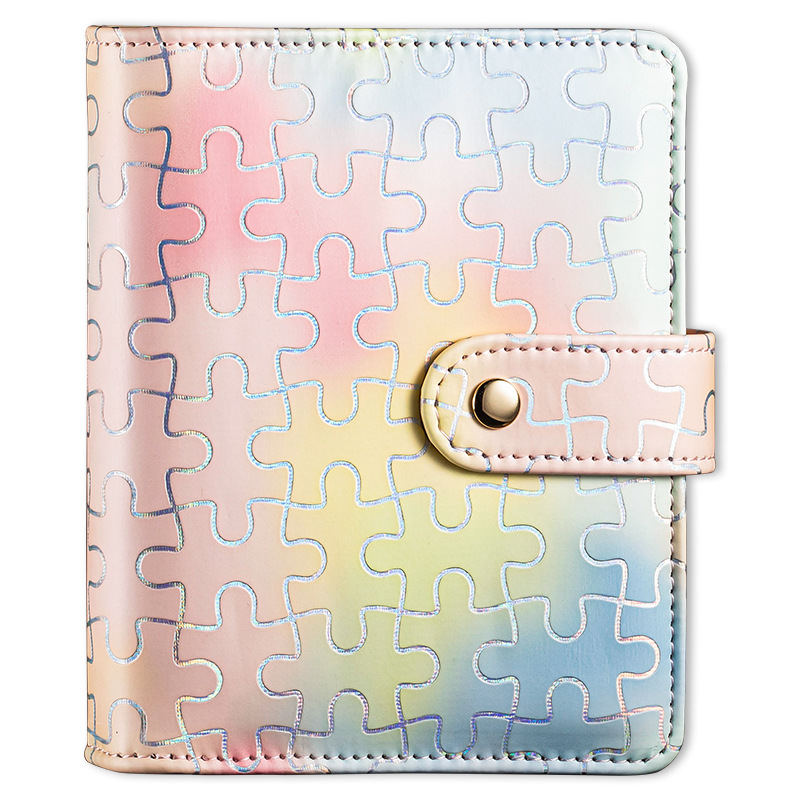Hey there, if you live in Mzansi, you definitely have heard the term “Mashonisa” before. You may or may not understand exactly what Mashonisa/Mashonisa loan is. So, this is either fresh information for you or a refresher. Let’s dive in.
A mashonisa loan is an informal loan typically provided by unregulated moneylenders, known as mashonisas, in South Africa. Unlike loans from banks or formal financial institutions, mashonisa loans operate outside legal financial regulations. Mashonisas often lend money in lower-income or underserved communities where people might not qualify for traditional loans due to factors like poor credit history or lack of formal employment.
One key difference between mashonisa loans and traditional bank loans is accessibility. Banks require documentation, credit checks, and often collateral before lending, while mashonisas may lend based on trust or informal agreements. This means people who may not qualify for a bank loan can access cash quickly through a mashonisa, sometimes on the same day. This accessibility can be a lifeline for those in immediate financial need, especially for emergencies. However, the ease of getting a mashonisa loan often comes at a high cost.
Interest rates on mashonisa loans are typically much higher than those on bank loans, sometimes even illegal or exploitative. Borrowers often pay steep rates with short repayment terms, which can lead to a cycle of debt if they’re unable to repay on time. Unlike banks, mashonisas may also use harsh tactics to collect debts, including intimidation, harassment, or seizing personal belongings.
While mashonisa loans offer quick cash with minimal paperwork, they pose significant risks due to lack of oversight, high costs, and potential ethical concerns. Borrowers are encouraged to explore alternatives like microloans, credit unions, or regulated personal loans whenever possible, as these can offer safer and more sustainable financial support options.








